Introduction
As our feline companions gracefully enter their golden years, understanding the nuances of the aging process becomes paramount. In this article, we delve into the intricacies of caring for senior cats, shedding light on the physiological changes they undergo and the significance of tailored care during this life stage.
Brief Overview of the Aging Process in Cats
Cats, much like their human counterparts, experience a natural aging process characterized by a range of physical and behavioral changes. From shifts in coat texture to alterations in activity levels, recognizing these signs is crucial for providing the specialized care that senior cats deserve.
Importance of Providing Proper Care for Senior Cats
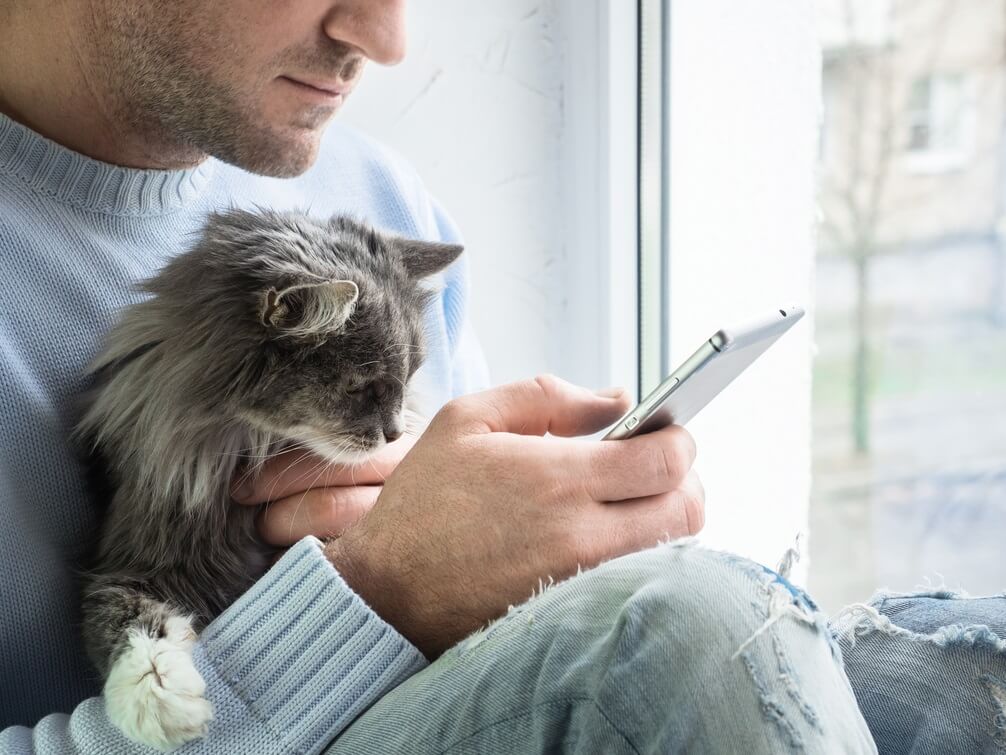
The aging process brings about unique challenges that necessitate a thoughtful and attentive approach to cat care. Senior cats are more susceptible to certain health issues, and addressing their evolving needs not only enhances their quality of life but also ensures a graceful transition into their later years.
Preview of Key Aspects Covered in the Article
In the following sections, we will explore a comprehensive guide to senior cat care, covering essential topics such as nutrition tailored to their changing requirements, proactive veterinary care, strategies for creating a comfortable environment, and engaging exercises to keep their minds and bodies agile. Join us on this journey to discover how you can provide your senior feline companion with the health and comfort they deserve in their golden years.
Signs of Aging in Cats: Deciphering the Telltale Indicators
As our beloved feline friends gracefully navigate the golden years, it becomes imperative to discern the subtle yet impactful signs of aging. Recognizing these indicators enables pet owners to proactively address the evolving needs of their senior cats. In this section, we explore the physical and behavioral changes that often accompany the aging process.
Physical Changes
- Changes in Coat and Fur Quality
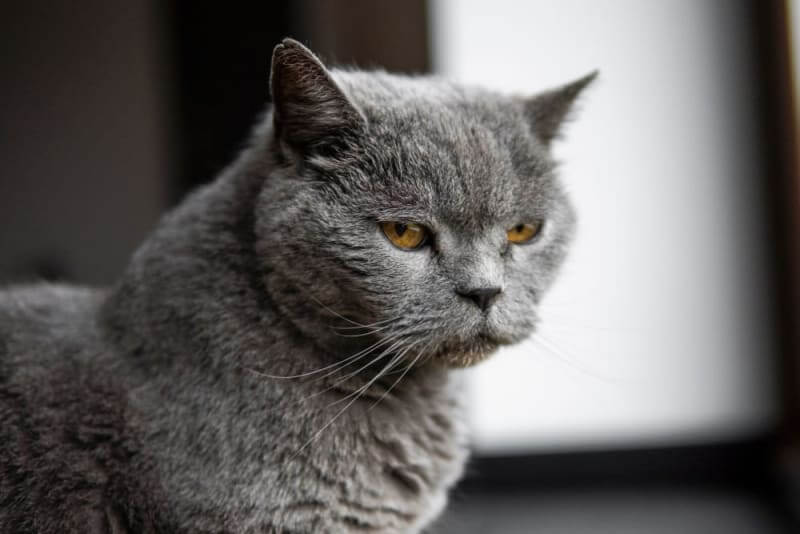
- Senior cats may experience shifts in coat texture and shine, with fur potentially becoming dull or brittle. Learn how to adapt grooming routines to accommodate these changes and keep your cat’s coat healthy and vibrant.
- Weight Changes
- Fluctuations in weight are common among senior cats and can signify underlying health issues. Discover how to monitor your cat’s weight effectively, ensuring a balanced diet that supports their nutritional needs without unnecessary strain.
- Decreased Muscle Mass and Strength
- Aging often brings about a natural decline in muscle mass and strength. Explore strategies to promote gentle exercise routines and nutritional support to help your senior cat maintain optimal physical condition.
Behavioral Changes
- Changes in Activity Levels
- Observe shifts in your cat’s activity levels as they age, understanding that reduced energy may be part of the natural progression. Uncover ways to encourage low-impact play and engage in activities that cater to their evolving physical abilities.
- Alterations in Sleep Patterns
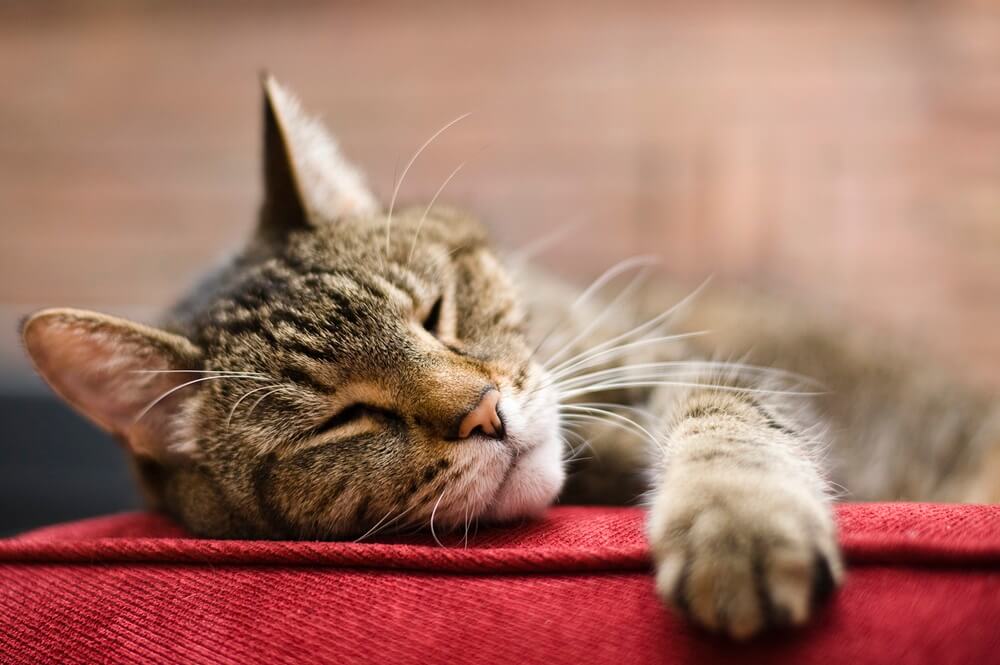
- Senior cats may experience changes in sleep patterns, requiring adjustments to their living environment to accommodate their need for rest. Discover how to create a comfortable and quiet space, promoting restful sleep for your aging feline companion.
- Cognitive Changes and Potential Signs of Senility
- Aging can impact cognitive function in cats, leading to potential signs of senility. Learn to recognize these changes, explore mental stimulation exercises, and consider supportive measures to enhance your senior cat’s cognitive well-being.
By understanding and addressing these physical and behavioral changes, you can ensure that your senior cat navigates their golden years with comfort and grace.
Nutrition for Senior Cats: Nourishing Well-Being in the Golden Years
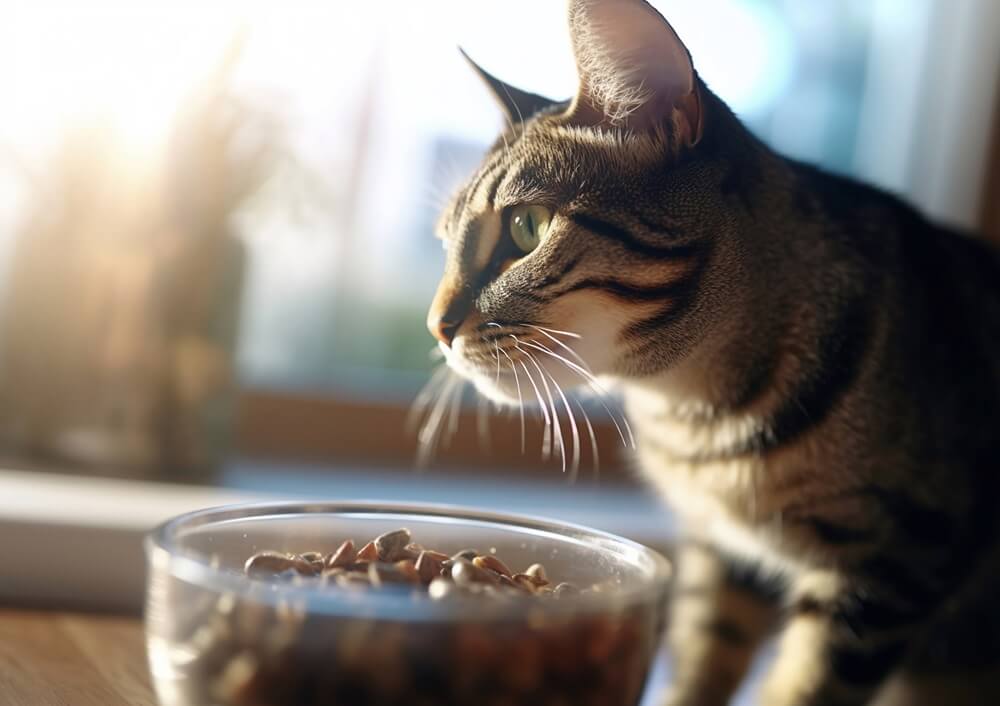
As our feline companions gracefully enter their senior years, the significance of a thoughtfully crafted nutritional plan becomes increasingly vital. A well-balanced diet is not merely a source of sustenance but a cornerstone in promoting longevity and vitality for aging cats. In this section, we delve into the importance of a balanced diet and unravel the specific dietary considerations crucial for the well-being of senior cats.
Importance of a Balanced Diet
A cat’s nutritional needs evolve with age, making it imperative to tailor their diet to address the changes in their physiology. A balanced diet serves as the bedrock of a senior cat’s health, encompassing the right blend of proteins, fats, vitamins, and minerals. This holistic approach supports overall well-being, helping to manage weight, boost immune function, and maintain healthy organ function. Exploring the nuances of a balanced diet equips pet owners with the knowledge to make informed choices, ensuring that their senior cats receive the nutrients essential for a thriving, golden phase of life.
Special Dietary Considerations for Senior Cats
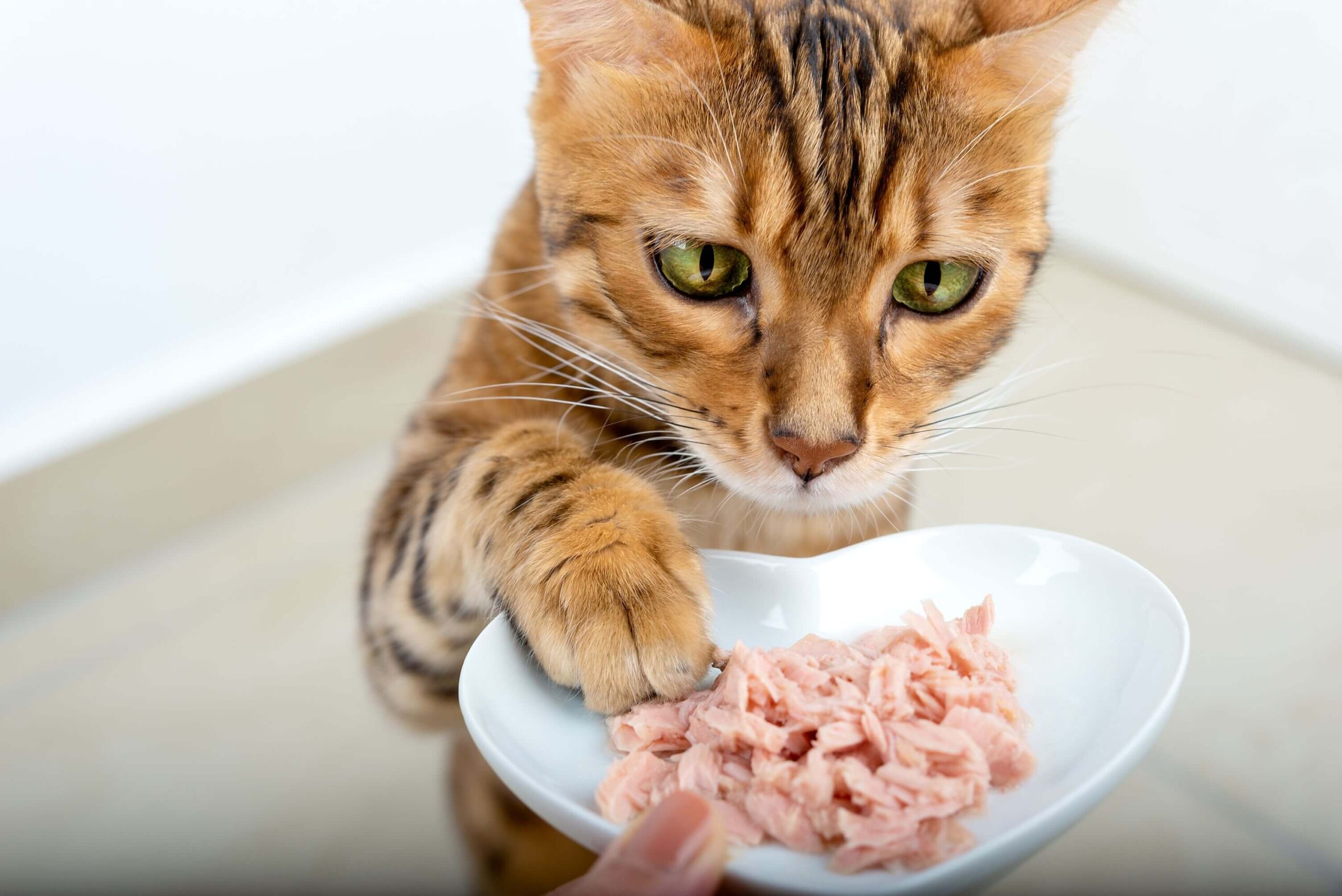
- Reduced Calorie Needs
As cats age, a decline in activity levels is common, leading to reduced calorie requirements. It’s crucial to align their diet with these changes to prevent excess weight gain, which can exacerbate age-related health issues. Discovering the delicate balance of providing a nutritionally sound yet calorie-appropriate diet is key to supporting your senior cat’s overall health and well-being.
- Increased Protein Requirements
Senior cats often require higher levels of quality protein to counteract the natural loss of muscle mass that comes with aging. Adequate protein intake supports muscle maintenance, immune function, and energy levels. Uncover the variety of protein sources suitable for senior cats and learn how to incorporate them into their diet to meet their evolving nutritional needs.
- Joint Health Supplements
Aging can bring about joint-related challenges, such as arthritis, impacting a cat’s mobility and comfort. To address this, consider incorporating joint health supplements containing ingredients like glucosamine and chondroitin into their diet. These supplements support joint flexibility and can contribute to a more active and comfortable lifestyle for your senior feline companion.
In crafting a nutrition plan for senior cats, a nuanced understanding of their changing requirements is essential.
Veterinary Care for Senior Cats: Ensuring Optimal Health in Their Golden Years
As our feline friends gracefully age, proactive veterinary care becomes a cornerstone in preserving their well-being and vitality. In this section, we explore the critical components of veterinary care for senior cats, emphasizing the importance of regular check-ups, screenings, and managing prevalent chronic conditions.
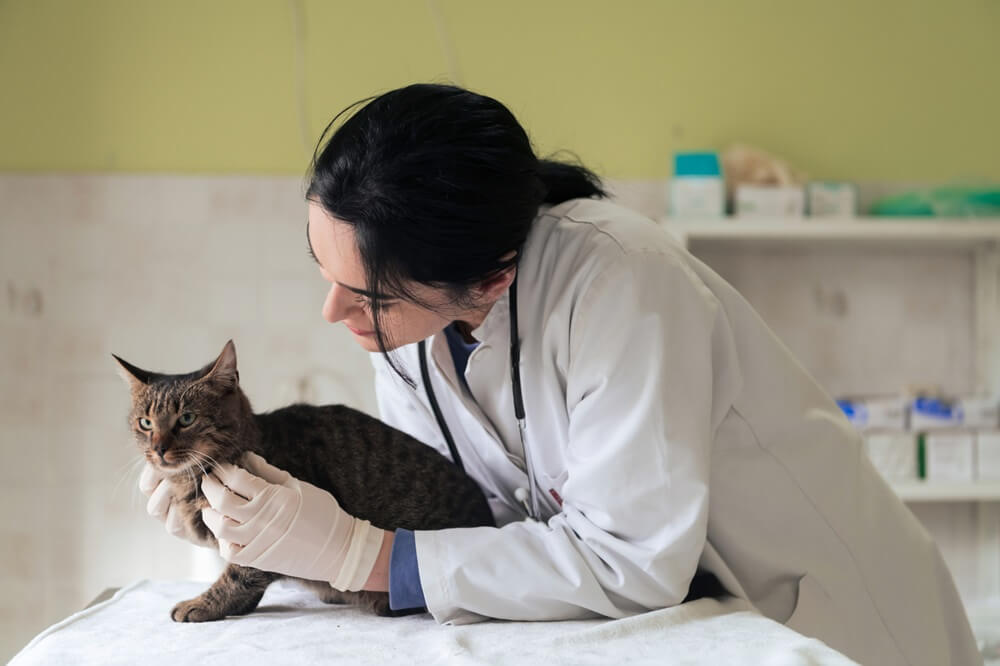
Regular Check-ups and Screenings
Regular veterinary check-ups are paramount to monitor the overall health of senior cats. Scheduled screenings can detect potential issues early on, enabling prompt intervention and personalized care plans. Learn how consistent check-ups contribute to the early detection of age-related health concerns, fostering a proactive approach to your cat’s veterinary care.
Managing Chronic Conditions Common in Senior Cats
- Arthritis
Arthritis is a prevalent concern among aging cats, impacting their joints and mobility. Discover proactive measures to manage arthritis, from specialized diets to joint supplements, ensuring your senior cat moves comfortably and maintains an active lifestyle. Explore the role of veterinary intervention in pain management and maintaining quality of life for arthritic feline companions.
- Dental Issues
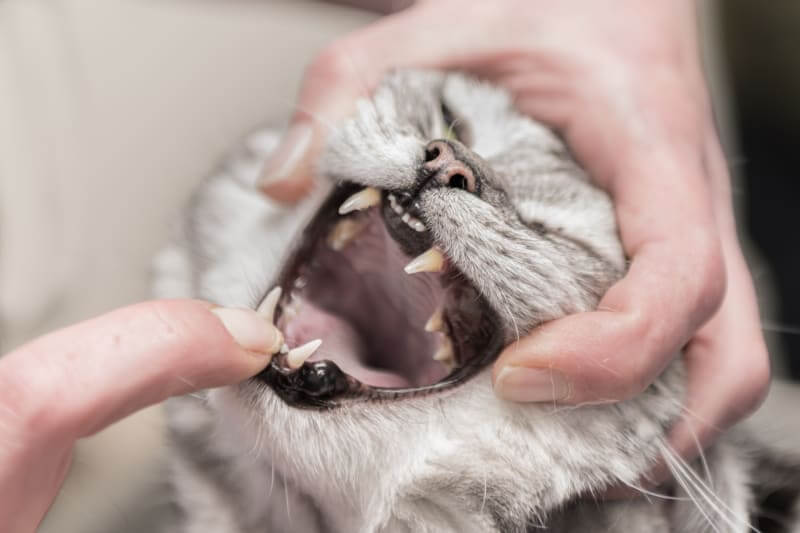
Dental health is a crucial aspect of overall well-being in senior cats. Understand the significance of dental care routines, including brushing techniques and dental-friendly diets, to prevent and manage dental issues. Learn how regular veterinary dental check-ups play a pivotal role in addressing common oral health challenges faced by aging feline companions.
- Kidney Disease
Kidney disease is a common concern in senior cats, necessitating vigilant monitoring and management. Delve into dietary considerations, hydration strategies, and the role of prescription diets in supporting kidney function. Uncover how early detection through veterinary screenings is instrumental in implementing effective strategies to slow the progression of kidney disease and maintain your cat’s health.
Proactively addressing the unique health needs of senior cats through regular veterinary care is key to ensuring a high quality of life in their golden years.
Creating a Comfortable Haven for Senior Cats: Tailoring Their Environment for Well-Being
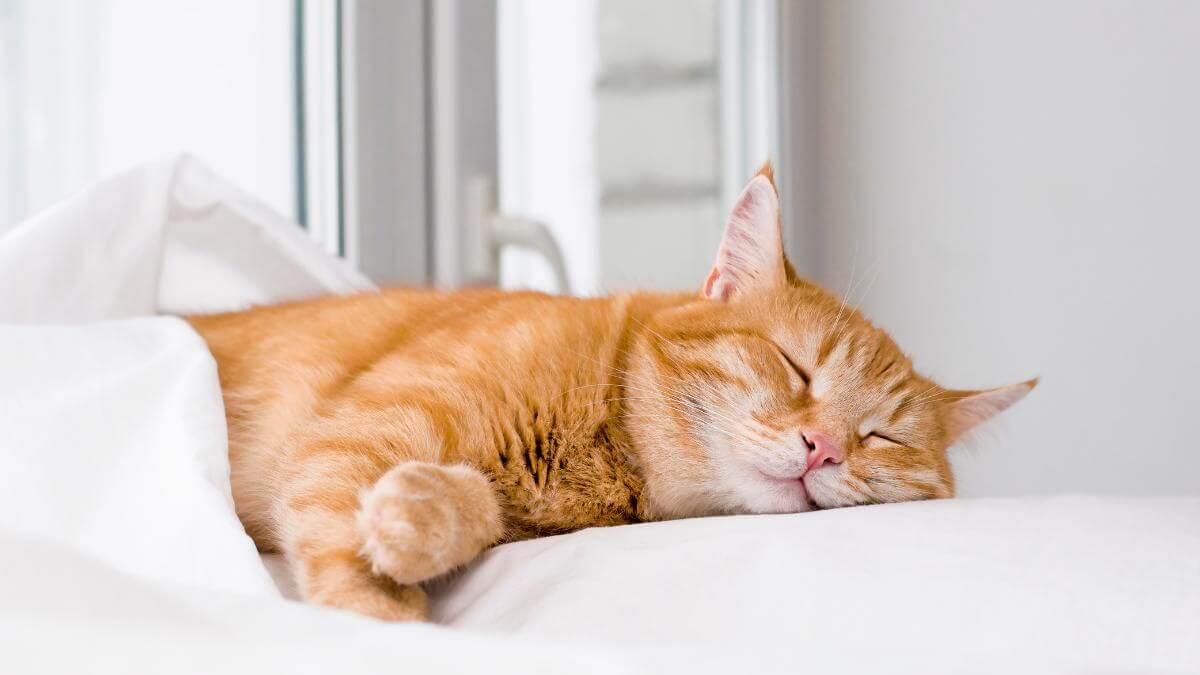
As our cherished feline companions gracefully age, the environment in which they live plays a pivotal role in ensuring their comfort and contentment. In this section, we explore strategies for creating a nurturing space that caters to the specific needs of senior cats, from providing a cozy retreat to ensuring accessibility to essential resources.
Providing a Cozy and Quiet Space
Creating a designated cozy and quiet space is essential for senior cats seeking respite from the hustle and bustle of daily life. Explore how to identify and set up a tranquil area within your home, complete with soft bedding, where your aging feline friend can relax undisturbed. A serene environment contributes to reduced stress levels, promoting overall well-being for your senior cat.
Suitable Bedding and Resting Places
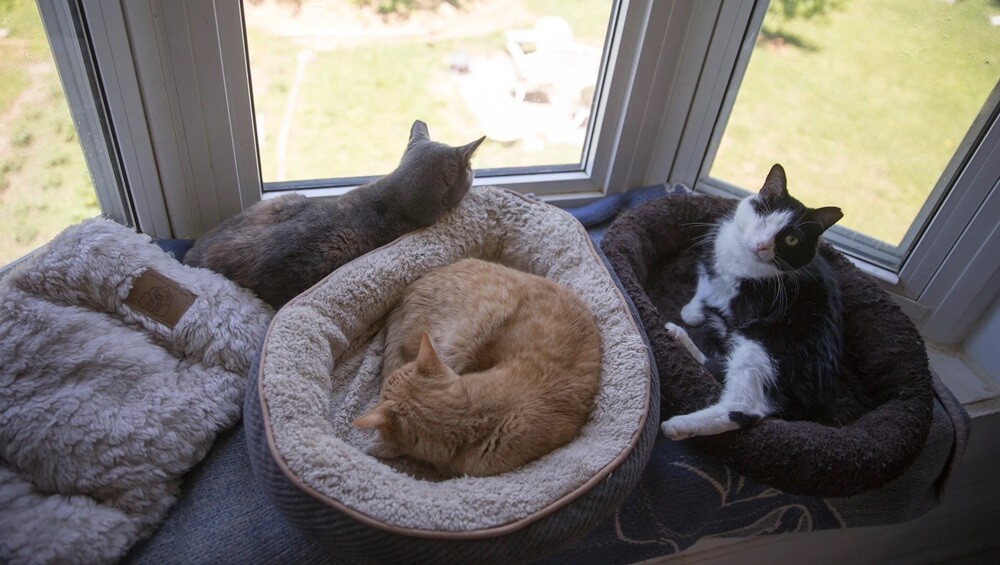
Investing in suitable bedding and resting places tailored to the comfort of senior cats is a key aspect of their care. Discover the ideal characteristics of cat-friendly bedding, such as softness and warmth, to provide a snug and secure space for your aging companion to rest. Learn about strategic placement of resting areas to accommodate your cat’s mobility and changing needs.
Ensuring Easy Access to Food, Water, and Litter Boxes
Facilitating easy access to essential resources is crucial for senior cats, especially as they may face mobility challenges. Explore strategies for positioning food and water bowls at comfortable heights, ensuring your cat can hydrate and nourish themselves without undue strain. Discover the importance of strategically placing litter boxes to accommodate potential joint issues and promote a stress-free bathroom experience.
By tailoring the environment to the specific needs of senior cats, pet owners can create a haven where their aging feline companions can thrive.
Exercise and Mental Stimulation for Senior Cats: Nurturing Health and Sharpness in Their Golden Years
As our cherished feline companions gracefully age, maintaining physical and mental well-being becomes increasingly crucial. In this section, we explore tailored exercise routines and stimulating activities designed to keep senior cats agile and mentally sharp, ensuring a fulfilling and enriching life.
Tailoring Exercise Routines to the Cat’s Abilities
Understanding and respecting the individual abilities of senior cats is fundamental to crafting suitable exercise routines. Explore gentle and low-impact activities that cater to your cat’s mobility levels, promoting joint health and muscle maintenance. Learn how to adapt playtime to align with their unique needs, fostering physical activity without causing unnecessary stress.
Engaging in Interactive Play for Mental Stimulation

Senior cats benefit greatly from engaging in interactive play, which not only provides physical exercise but also stimulates their cognitive functions. Discover interactive play techniques that capture their attention and encourage movement. From feather wands to laser pointers, explore a variety of toys that engage your cat’s senses and keep their mind active.
Puzzle Toys and Activities to Keep the Mind Active
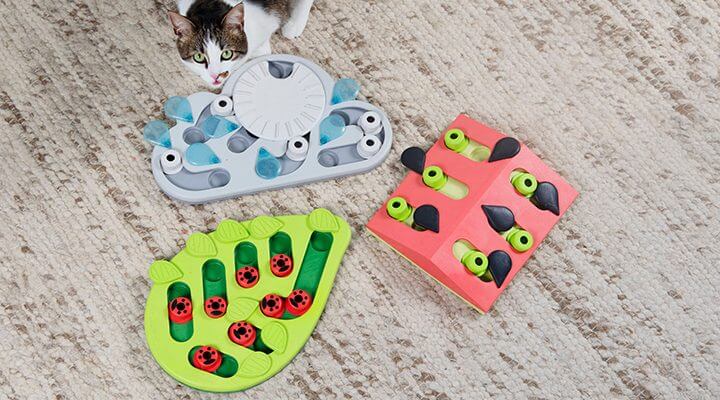
Keeping a senior cat’s mind sharp is integral to their overall well-being. Introduce puzzle toys and activities that challenge their cognitive abilities, offering mental stimulation and preventing boredom. Explore the world of treat-dispensing toys and puzzles that provide a rewarding experience, keeping your cat’s curiosity and intellect engaged.
By incorporating tailored exercise routines and mentally stimulating activities into your senior cat’s daily life, you contribute to their physical health and mental acuity.
Grooming for Comfort: Nurturing the Well-Being of Senior Cats
As our beloved feline friends enter their golden years, grooming takes on an enhanced significance in ensuring their comfort and overall health. In this section, we delve into tailored grooming routines designed for senior cats, offering insights into brushing techniques, skin and coat care, as well as essential practices like nail trimming and dental care.
Brushing and Grooming Routines for Senior Cats
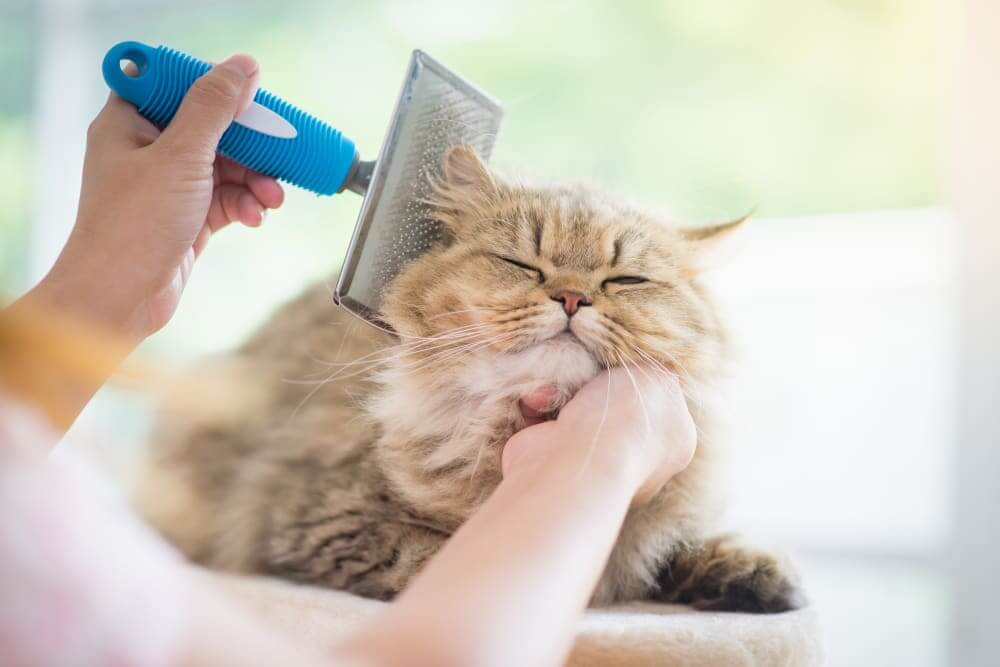
Gentle and regular brushing is a cornerstone of grooming for senior cats. As they age, their grooming habits may change, and they might require additional assistance in maintaining their coat. Discover effective brushing techniques that not only keep their fur free from mats and tangles but also promote circulation, contributing to healthier skin. Learn how a consistent grooming routine fosters a strong bond between you and your senior cat while ensuring their coat remains lustrous and comfortable.
Monitoring and Addressing Skin and Coat Issues
Senior cats may be prone to skin and coat issues, ranging from dryness to irritations. Monitoring these issues is crucial for early intervention. Explore ways to identify common skin and coat problems and understand how to address them, whether through specialized grooming products or consulting with a veterinarian. Maintaining a keen eye on your cat’s skin health ensures they remain comfortable and free from unnecessary discomfort.
Nail Trimming and Dental Care
Nail trimming and dental care are integral components of senior cat grooming, contributing to their overall well-being. Discover safe and stress-free methods for trimming your senior cat’s nails, preventing discomfort and potential health issues. Additionally, delve into the importance of dental care, exploring practices such as tooth brushing and dental treats that support oral health and hygiene in their later years.
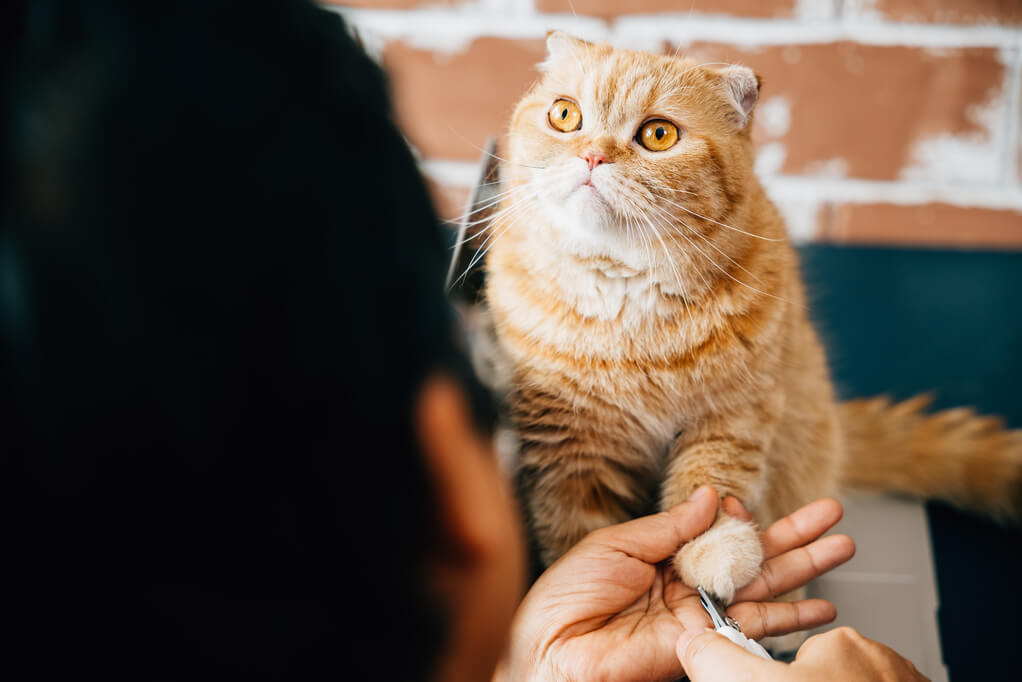
By incorporating these grooming practices into the routine care of your senior cat, you contribute not only to their physical comfort but also to their long-term health.
Managing Stress and Anxiety in Senior Cats: A Guide to Serenity in Their Golden Years
As our cherished feline companions gracefully age, the importance of managing stress and anxiety becomes paramount for their overall well-being. In this section, we explore the nuances of recognizing stress signals in senior cats, effective stress reduction strategies, and the significance of maintaining a calm and predictable routine.
Recognizing Signs of Stress in Senior Cats
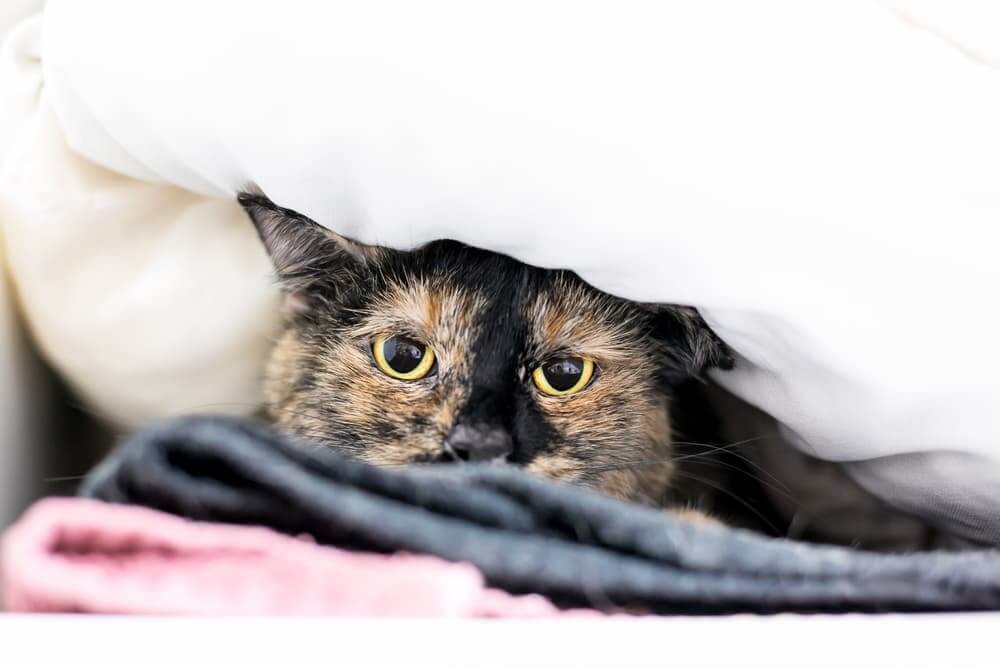
Understanding the subtle signs of stress in senior cats is essential for providing proactive care. From changes in behavior to altered grooming habits, discover the indicators that may signal heightened stress levels in your aging feline friend. Recognizing these signs early allows for timely intervention, promoting a calm and contented state for your senior cat.
Strategies for Reducing Stress, such as Pheromone Diffusers
Explore effective strategies for alleviating stress in senior cats, with a particular focus on pheromone diffusers. These diffusers release calming pheromones that mimic natural feline facial pheromones, creating a comforting environment. Learn about the optimal placement of diffusers and how they can contribute to reducing anxiety, especially during changes in the home environment or when introducing new elements.
The Importance of a Calm and Predictable Routine
Establishing a calm and predictable routine is foundational to reducing stress in senior cats. Explore the significance of maintaining consistent feeding times, play sessions, and quiet periods to create a stable environment. Discover how a structured routine provides a sense of security for your senior cat, helping them navigate their daily lives with confidence and tranquility.
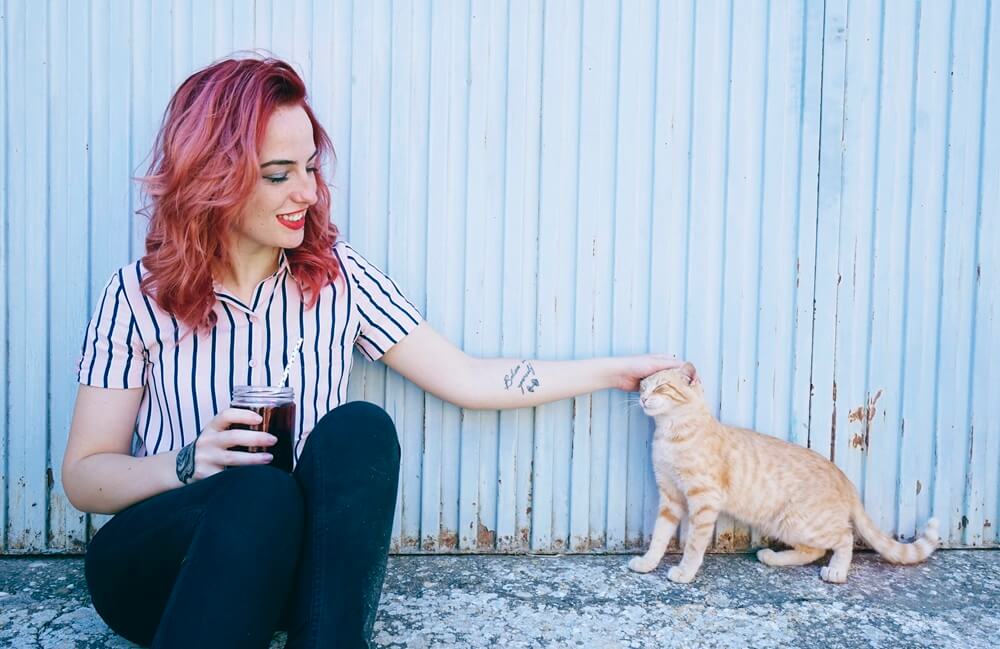
By recognizing stress signals, implementing stress reduction strategies, and maintaining a serene routine, you can create an environment that nurtures the emotional well-being of your senior cat.
Conclusion: Embracing the Golden Years with Love and Care for Senior Cats
As we navigate the intricacies of caring for our cherished feline companions in their senior years, it becomes paramount to encapsulate the essence of providing thoughtful and attentive care. In this conclusion, we summarize key points, underscore the significance of love and attention, and encourage readers to seek personalized advice from their veterinarians.
Summarize Key Points for Caring for a Senior Cat
In the journey of caring for a senior cat, we’ve explored a comprehensive guide covering vital aspects. From understanding the signs of aging and tailoring nutrition to proactive veterinary care and creating a comfortable environment, the key points can be distilled into a holistic approach that encompasses physical, mental, and emotional well-being.
- Physical Health: Regular veterinary check-ups, tailored nutrition, and grooming routines contribute to maintaining optimal physical health.
- Mental Stimulation: Engaging exercises, interactive play, and a stimulating environment foster mental acuity and prevent boredom.
- Comfort and Tranquility: Creating a comfortable space, managing stress through thoughtful strategies, and maintaining a calm routine ensure a serene environment for senior cats.
Reiterate the Significance of Providing Love and Attention in Their Golden Years
Amidst the practical aspects of senior cat care, the emotional component is equally vital. Reaffirm the importance of showering your aging feline friend with love and attention. Whether through gentle strokes, quality playtime, or simply being present, your affection contributes immensely to their happiness and contentment in their golden years.
Encourage Readers to Consult with Their Veterinarian for Personalized Advice
Every senior cat is unique, and individualized care is key to their well-being. Encourage readers to consult with their veterinarians for personalized advice tailored to their cat’s specific needs. Veterinarians can provide insights into health issues, recommend suitable dietary plans, and offer guidance on creating an environment that caters to the individual requirements of their senior feline companions.
In embracing the golden years with love, attention, and informed care, we ensure that our senior cats not only age gracefully but thrive in their later stages of life. For more personalized guidance, reach out to your veterinarian and embark on this journey of care and companionship tailored to your senior cat’s unique needs.




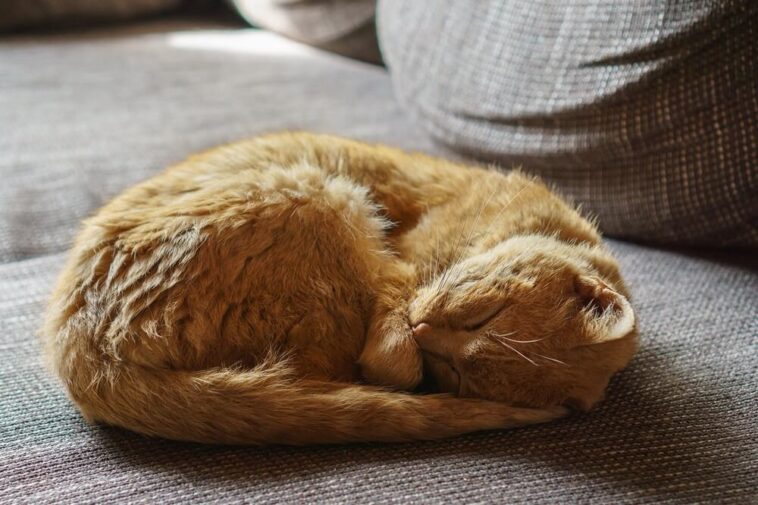
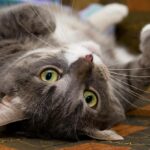
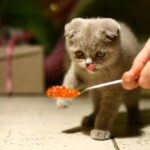
GIPHY App Key not set. Please check settings